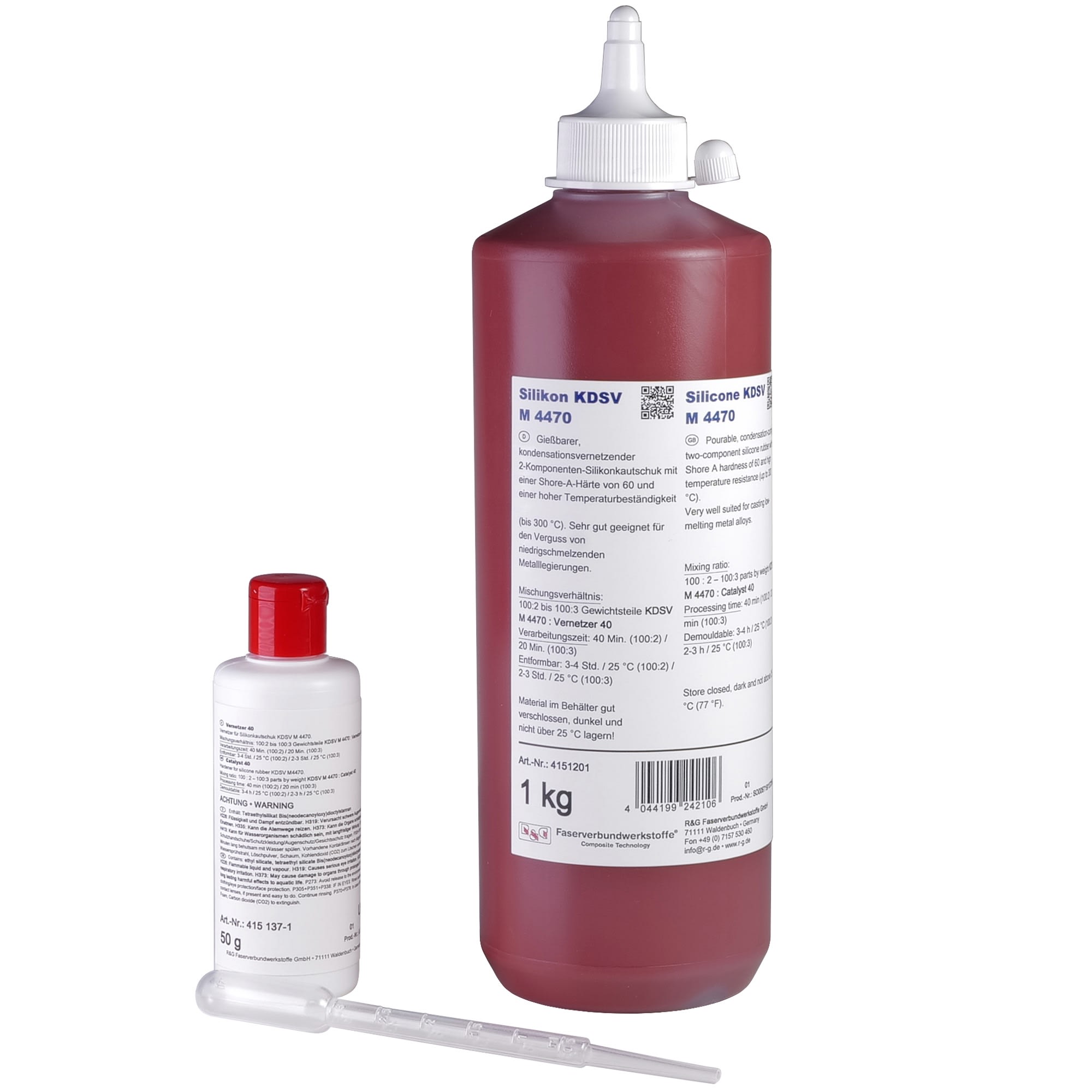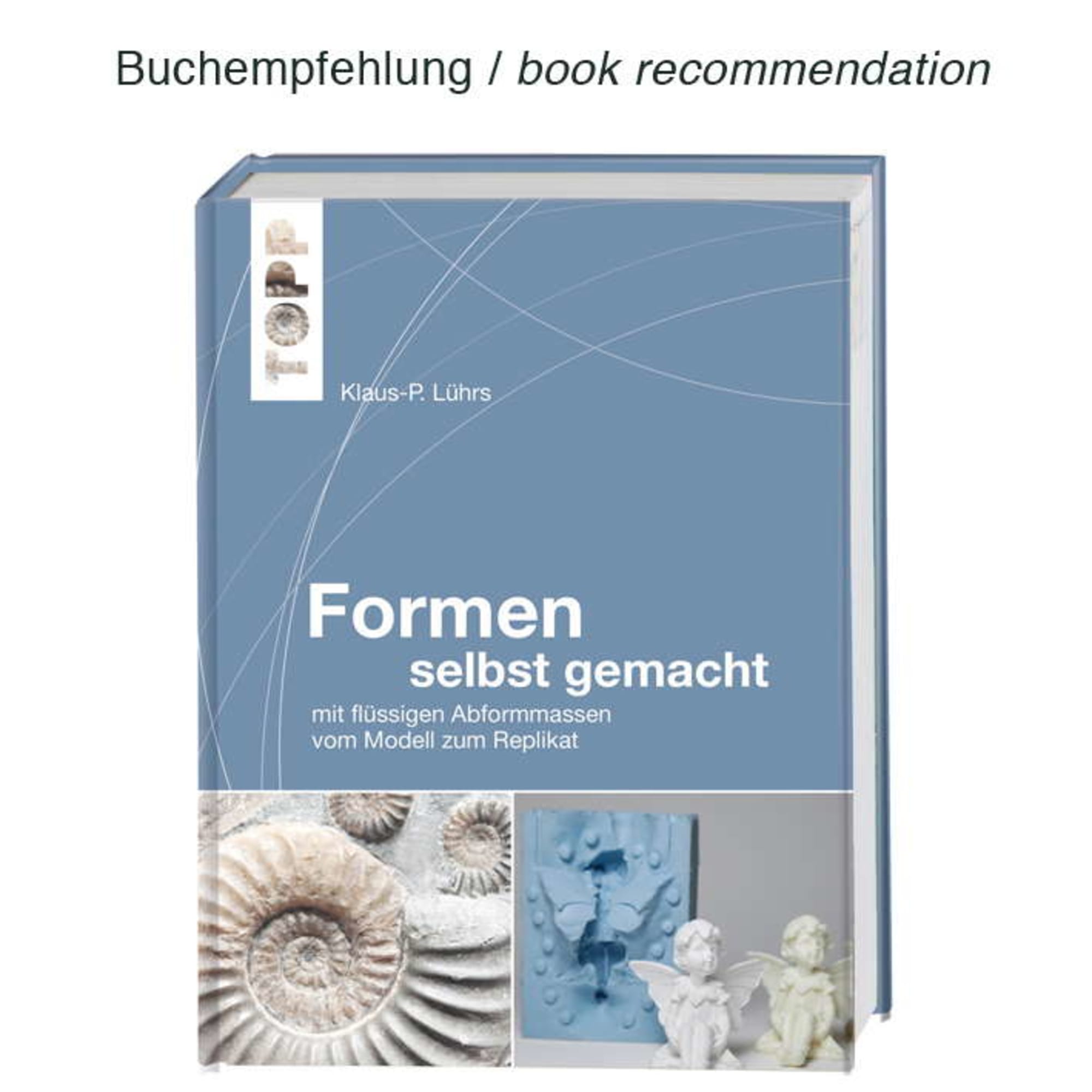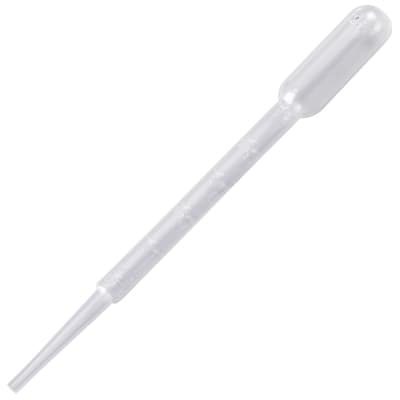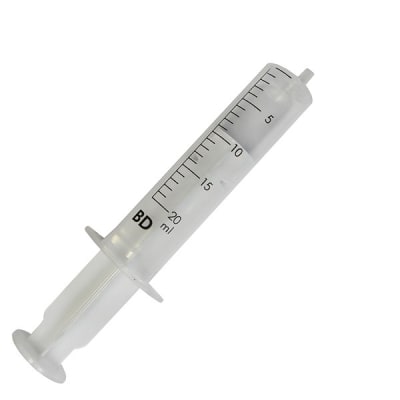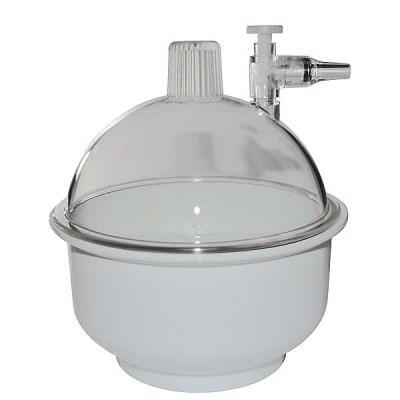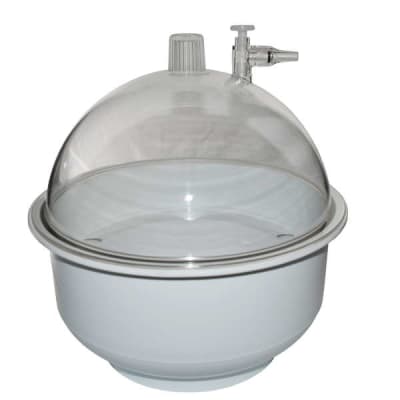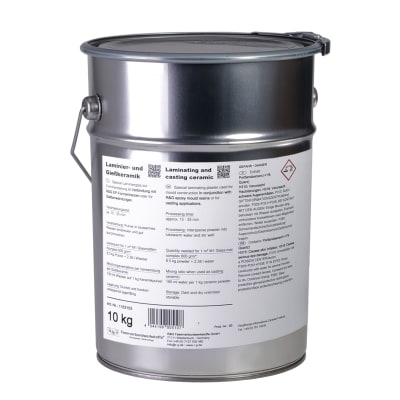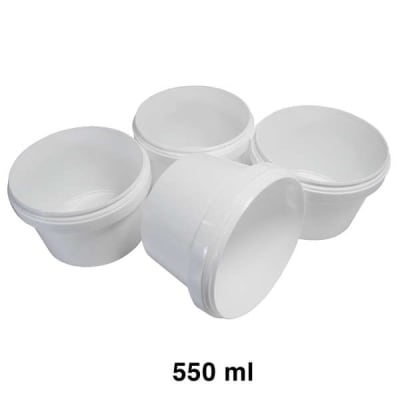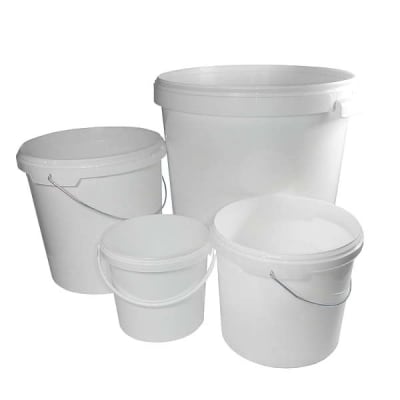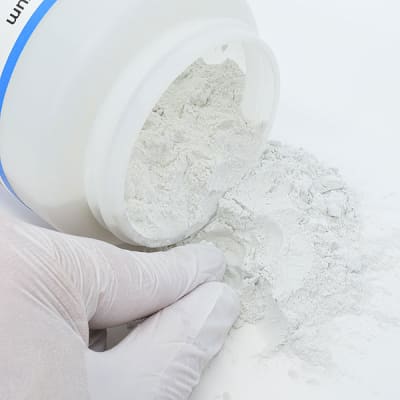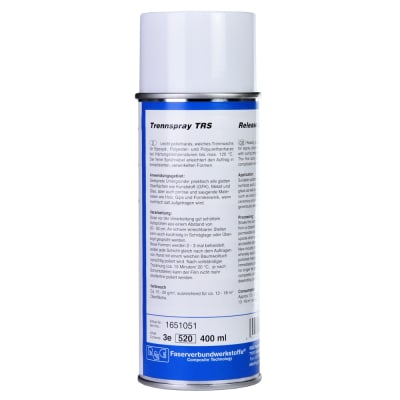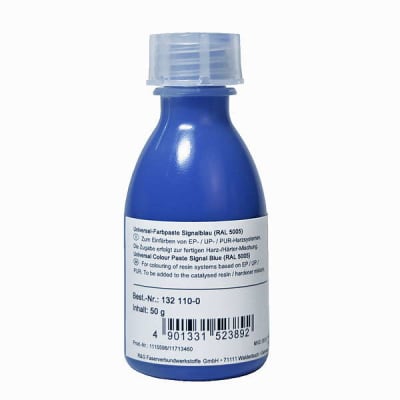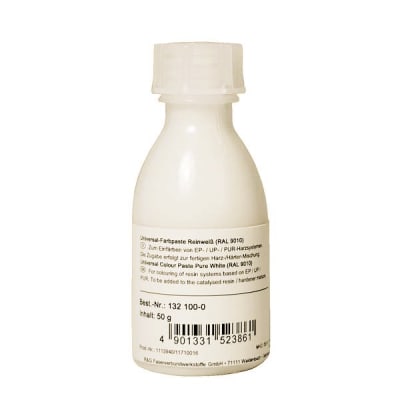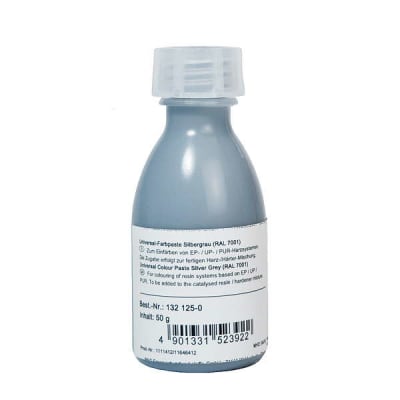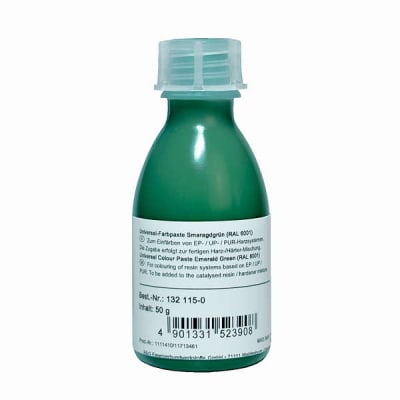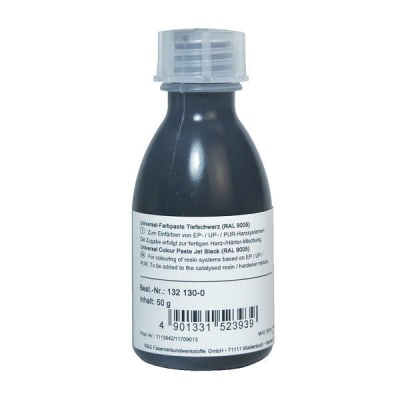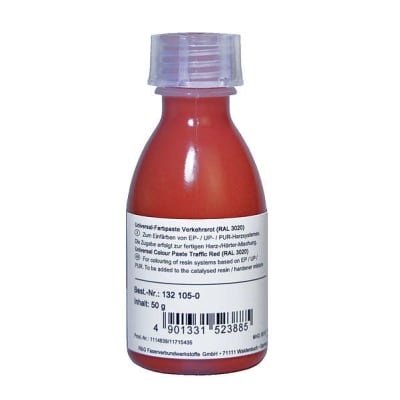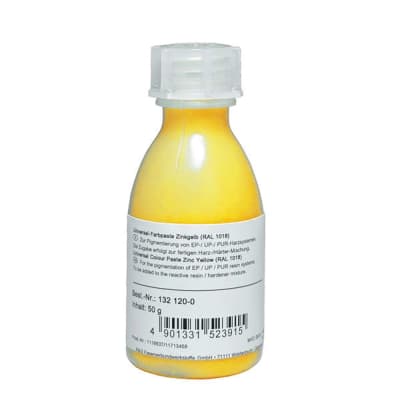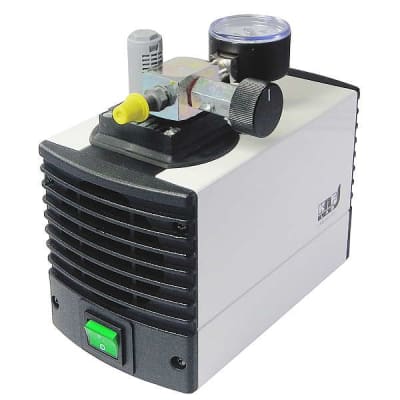Silicone rubber KDSV M 4470, REDDISH BROWN (set of 2 components)
2 component, pourable, condensation-curing, flexible cast mould mass for replicas using low-melting metal alloys (tin, lead)
Silicone rubber KDSV M4470 is particularly suitable for moulding applications in which high elongation and tear strength can be sacrificed in favour of excellent deformation resistance and thermal stability, e.g., for making moulds of models with no or only minor undercuts if good heat dissipation and high rigidity are required.
Application:
Typical applications are moulds with
- high rigidity for foaming resins (for foaming polyurethanes, it is advisable to use a barrier coat)
- high swelling resistance to components of casting resins, such as styrene in the case of polyesters
- high thermal stability and heat dissipation for casting low-melting metal alloys (such as lead and tin, melting point: max. 300 °C). To increase the service life of silicone moulds for lead and tin casting, talcum powder can be used.
Processing:
Mixing ratio: 100 : 2 parts by weight silicone : catalyst 40
Processing time: 40 minutes
Demouldable after: 3–4 h at 23 °C
Mixing ratio: 100 : 3 parts by weight silicone : catalyst 40
Processing time: 20 minutes
Demouldable after: 2–3 h at 23 °C
Continuous temperature resistance: 200 °C, short-time up to max. 300 °C
Mixing viscosity (23 °C, before catalysing): 10 000 mPa·s (= pourable)
No heat of reaction occurs during vulcanization so that even larger quantities (e.g. 10 kg) can be poured without the risk of overheating.
Technical data:
Colour: Reddish-brown
Dyeing: R&G Universal Color Pastes (colour differs because of the basic colour of the silicone)
Density: 1.4 g/cm³
Shore A hardness: 60
Elongation at break: 120 %
Tear strength: >4 N/mm
Linear shrinkage as per 7d/RT: 0.8 %
Additional information:
Customer information:
The release agent Semiperm™ Monofilm in combination with PARTALL® Coverall Film PVA is suitable as a safe release agent for silicone moulds. This combination of release agents provides a barrier layer so that casting with epoxy resins is also possible without any problems. The service life (durability) of the molds is significantly extended.
The release agent Semiperm™ Monofilm is applied with a brush. After flash-off, PARTALL® Coverall Film PVA is applied, also with a brush or sponge. For more information on processing, see the release agents.
PARTALL® Coverall Film PVA is transferred to the casting, washed off with water after demolding and reapplied before each impression.
New: We now supply our packages (up to 5.2 kg) with a dispensing pipette.*
* In general, we recommend a dispensing pipette for exact dosing of smaller quantities, and a dosing syringe for a little larger quantities. Mixing vessels with smooth walls and smooth bottoms are particularly suitable for mixing.
